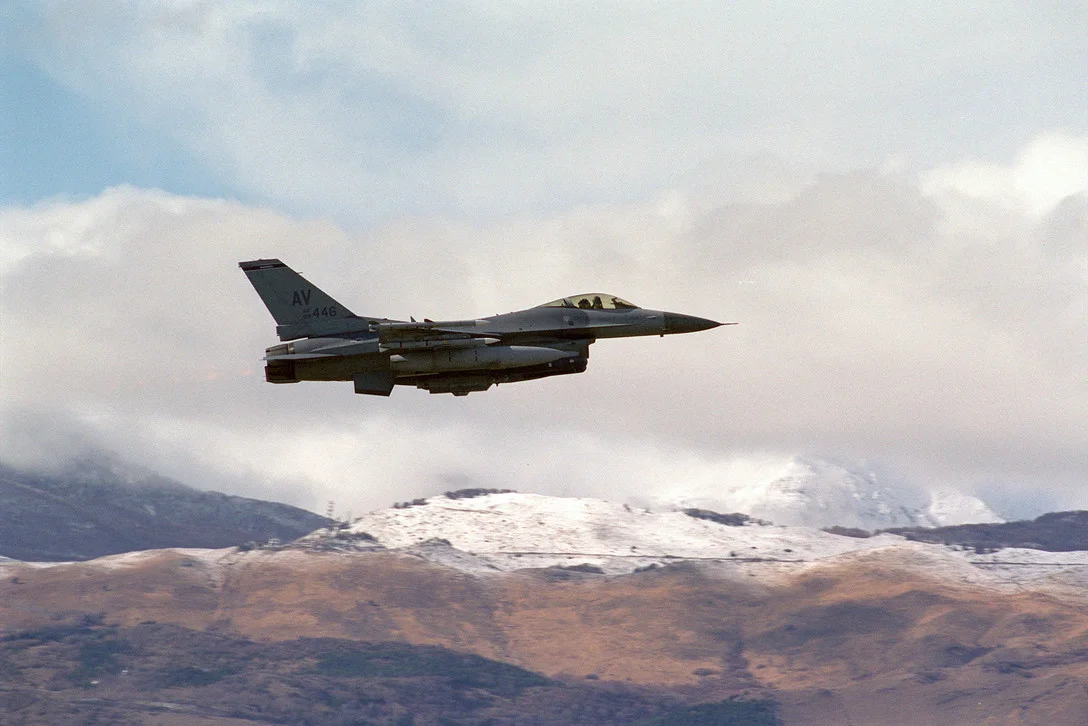Most wars are limited wars, with significant political restraints on military force. Such restraints create conundrums for military strategists. “The less intense the motives,” wrote Carl von Clausewitz, “the less will the military element’s natural tendency to violence coincide with political directives.” Yet, as Allied Force illustrates, the savvy strategist can maximize the effectiveness of the air weapon even when political will is weaker.
Interwar Airpower, Grand Strategy, and Military Innovation: Germany vs. Great Britain
Analyzing the development of the German and British air forces between the world wars reveals the importance of crafting strategy, identifying associated requirements, and marshaling the required resources to turn requirements into capabilities. Factors beyond the state’s control often drive technological requirements. Structural factors demanding innovative responses include the technological progress of potential enemies and of civil society, as well as shifts in the state’s own geopolitical circumstances. Yet the task of responding to these structural factors—of translating the state’s desired security ends into military technological means—requires an intentional, collaborative, human effort. The development of specific airpower capabilities in Germany and Britain during the interwar years illustrates the role of strategic innovators as “system builders” and doctrine entrepreneurs who brave the gauntlets of government bureaucracy, industry, and academia to turn theory into capabilities.
Theory, Strategy, Context, and Execution
Military theory is a way of distilling the raw materials of history into a concentrated, potent form that educates the strategist and commander. In this way, theory can serve as a starting point for strategy. While sound military theory is a good starting point for strategy, however, context and execution matter. The positive impacts of theory upon strategy are often limited by the context in which theoretical principles are applied, and by the commander’s judgment and skill in applying them.




